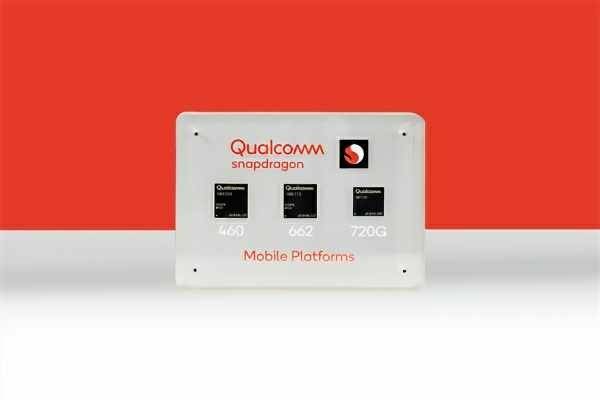
After Android “Q”, Android “R” begins (very) gently to be talked about. A benchmark performed under GeekBench by a Google Pixel 4 mentions the new version of the Google operating system. It will follow Android 10, which is gradually spreading to the global fleet of recent Android smartphones.
Because they can be easily tampered with, GeekBench benchmarks are not always taken literally. However, if the benchmark relayed by GSMArena on January 18 is accurate, it is nevertheless the first to explicitly mention the next iteration of Android. Nicknamed Android “R”, the latter is still very mysterious.
A new version of Android about which we ignore almost everything
The benchmark revealed is that of a Google Pixel 4 equipped with 6 GB of RAM and a Snapdragon 855. Potentially powered by Android “R”, the device would have gleaned 712 points in single-core performance index and 2,181 points in multi-core. Nothing very exciting except for the famous presence of Android “R”.
For now, the first appearances of the next Google OS can hardly be counted on the fingers of one hand. The last time we heard about it, notes GSMArena, it was at the end of December, through the Android Open Source Project. We then discovered that Google could remove the “compose / mux” limitation of Android, which prevents certain files, including videos captured from a mobile, from exceeding the 4 GB threshold. Good news in perspective.
Android “R”, soon to be launched in test phase with developers?

In terms of nomenclature, Google should logically continue the momentum of Android 10 by abandoning the names of treats to limit themselves to one figure. The next version of Android would be simply called Android 11. Only one letter would be used again during the test period with developers, hence the “Q” of Android 10 and the “R” of this possible Android 11 As the tip GSMArena, Google could also choose to take advantage of the launch of Android 10 to leave, on the next version of the OS, on a whole new nomenclature. Only time will allow us to see more clearly.
The presence (subject to caution) of this famous Android “R” on a benchmark could in any case indicate that it is about to arrive in the testing phase with developers. If this is the case, then more precise information about the system and its main innovations should gradually reach us.







